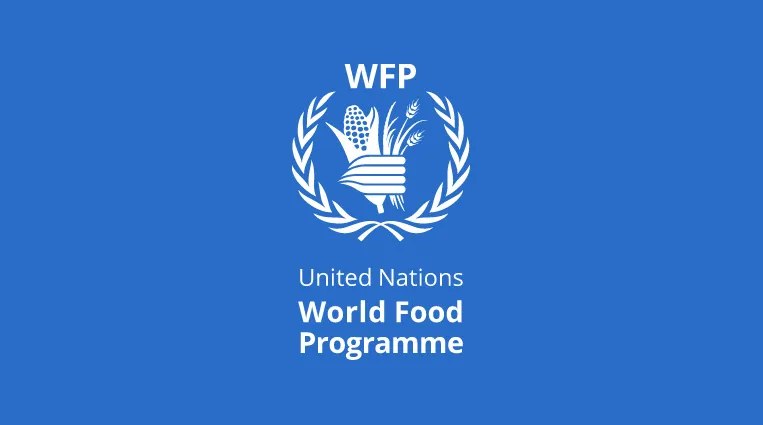Providing a daily meal for a family of 10 is a daunting task for Ma Khine who lives in an impoverished neighborhood in the outskirts of Yangon city. With six children and four adults, including a disabled family member, the household requires almost 4 kilos of rice per day. The family of 10 rely on the oldest son who earns 8,000 Kyat a day – equal to or less than 5 USD – and this money is then managed by Ma Khine to provide for the entire family. With the rising prices of basic food items across the country, and the lack of financial income within the family, borrowing money just to buy essential food items has become an unfortunate practice for Ma Khine.
“As the price for food and other essential items continue to rise, we have no choice but to borrow money on difficult days. Most days, we cannot pay back the loan and this leads to an increase in the the interest. And when we cannot settle the interest, it adds to the principal”, explained Ma Khine, who is the head of the household.
The situation for Ma Khine’s family mirrors that of many in the Yangon Region where the United Nations World Food Programme (WFP) is providing urgent food and nutrition assistance to reduce the impact of rising food insecurity. The concurrent health and political crises have also had a devastating effect, previously unseen in urban and peri urban areas of Yangon and Mandalay.
The right to food is a human right and everyone deserves the right to adequate food and the right to be free from hunger. Therefore, with the support of donors, including Australia, Denmark, Italy, Israel, Japan, Republic of Korea, Sweden, and other private donors, WFP has reached 1.7 million people from across Yangon and Mandalay, many of whom share similar stories like Ma Khine.
WFP’s assistance also extends to children, and the team on the ground has delivered Ready-to-Use Supplementary Food (RUSF) to more than 46,900 children aged 6-59 months, living in four townships in Yangon’s peri-urban area. These food deliveries help prevent acute malnutrition and are part of WFP’s Blanket Supplementary Feeding Programme (BSFP).
This nutrition support aims to immediately offset the risk of malnutrition among children as they receive reduced meals or less nutritious food affected by the increased food insecurity.
Vulnerable children under the age of 5 are provided with a monthly ration of RUSF containing 15 sachets. One RUSF sachet is consumed every other day and is primarily for children. The supplementary food is eaten directly from the sachet without the need to dilute, mix or cook.
WFP remains committed to support people of Myanmar as they face high burdens of increasing food insecurity and malnutrition.
United Nations Myanmar

